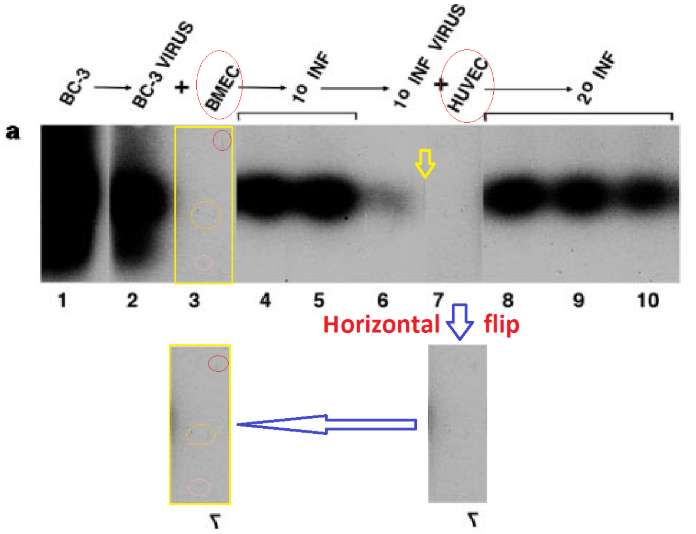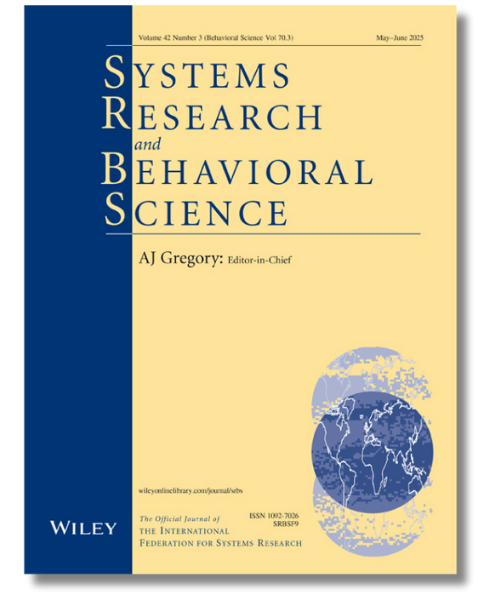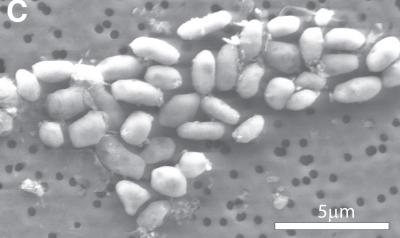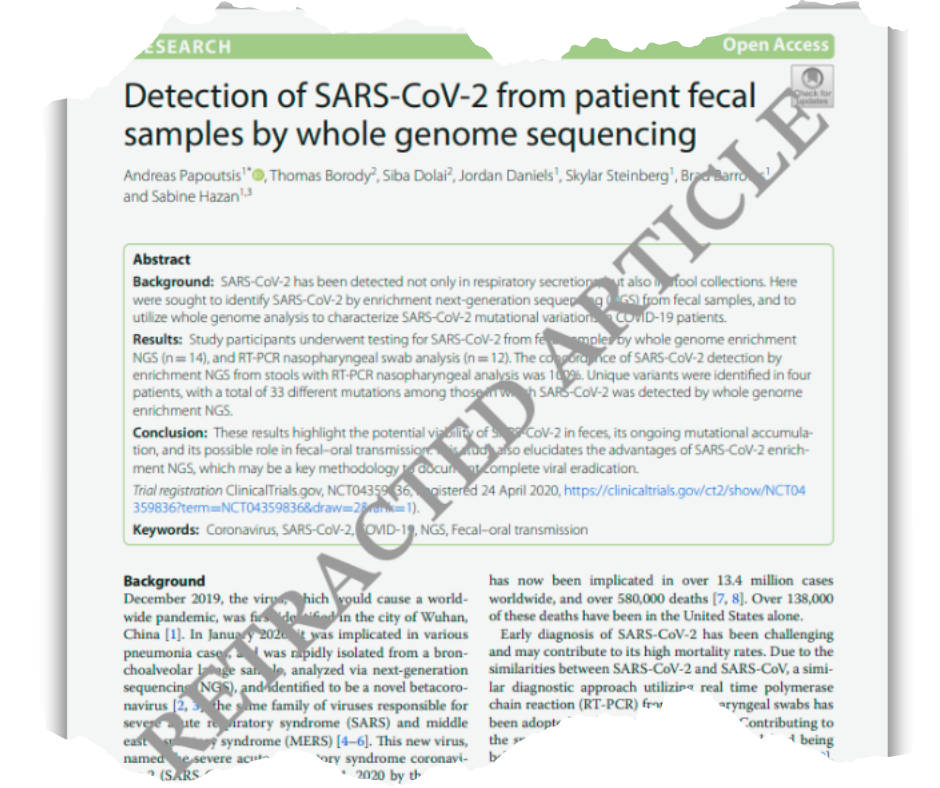A journal purporting to be “cited by esteemed scholars and scientists all around the world” claims a false impact factor and attempts to charge authors a fee for withdrawing articles, Retraction Watch has learned. And the editor in chief publicly disavows any relationship with the title on his website.
The International Journal of Swarm Intelligence and Evolutionary Computation, or IJSIEC, claims to publish research on robotics, AI, “bacterial forging [sic],” bioinformatics and computing, among other topics.
A Retraction Watch reader brought the journal to our attention earlier this month. The researcher had submitted a paper to the journal but then noticed some red flags. Among them: One of the two listed editors-in-chief, Qiangfu Zhao, states on his website, “some journals are using my name to attract academic papers. I have no relation with these journals.” Zhao, a professor at the University of Aizu in Aizuwakamatsu, Japan, confirmed to us he has “no relation with this journal.”
Continue reading AI research journal with sham board, metrics holds researcher’s paper hostage








